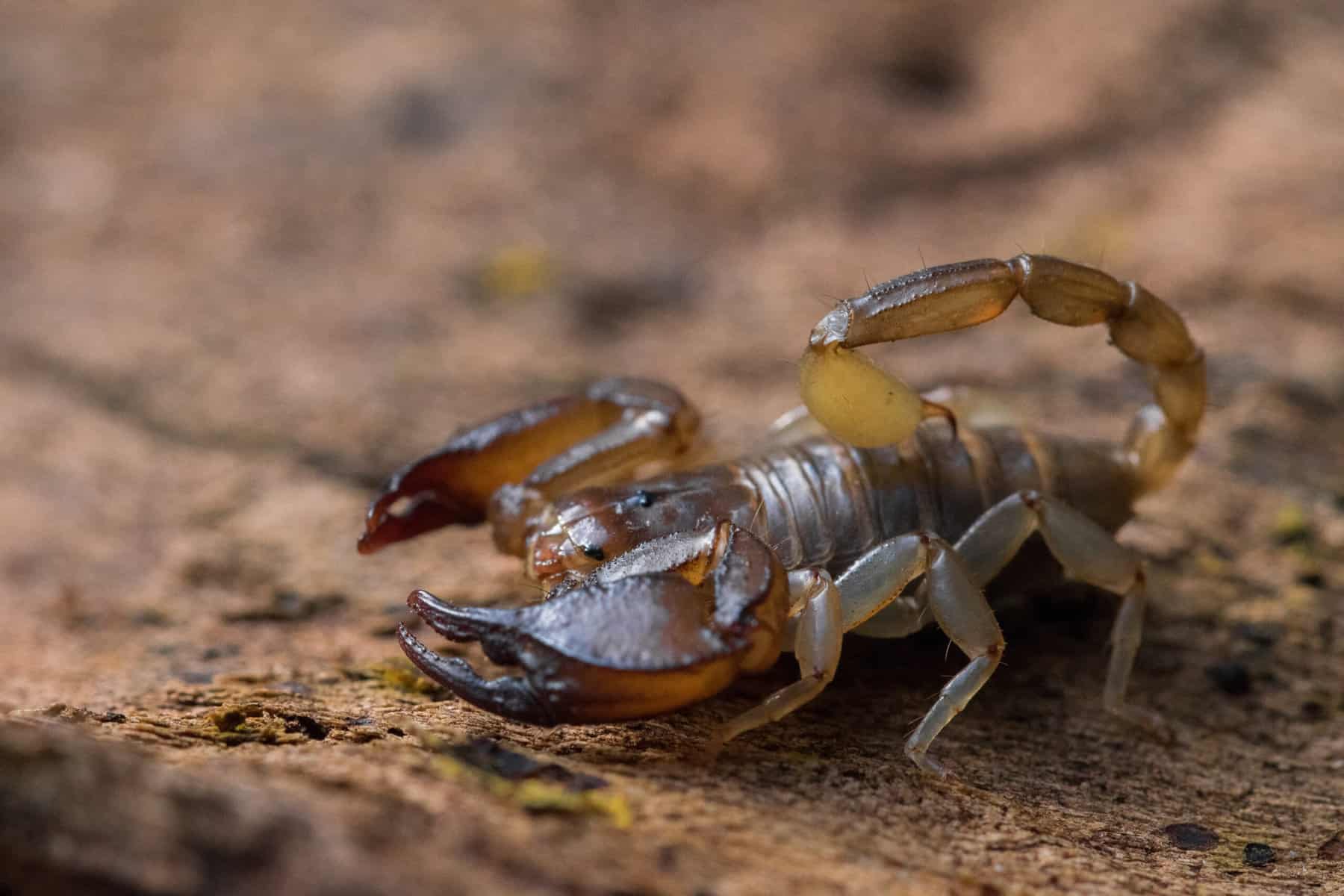
Scorpions are fascinating creatures, especially in how they adapt to their environment. Overgrowth can play a significant role in keeping them on a property for a few reasons:
- Shelter: Scorpions are nocturnal and prefer dark, sheltered areas during the day to avoid predators and extreme temperatures. Overgrown vegetation, such as tall grass, bushes, or piles of debris, provides ample hiding spots for them.
- Hunting Grounds: Scorpions feed on insects, spiders, and other small creatures. Overgrown areas attract a higher concentration of these prey animals, providing a consistent food source for scorpions.
- Moisture: While scorpions can adapt to dry environments, they still require some level of moisture to survive. Overgrowth can create microclimates with higher humidity levels, which can be attractive to scorpions, especially in arid regions.
- Temperature Regulation: Overgrowth can create shaded areas that help regulate temperature fluctuations. This is crucial for scorpions as they are ectothermic, meaning they rely on external sources of heat to regulate their body temperature.
- Protection from Predators: Overgrown areas can offer protection from predators like birds, rodents, and larger insects. Scorpions, being relatively small, benefit from such hiding spots to avoid becoming prey themselves.
To manage scorpions on a property, reducing overgrowth can be one strategy. Clearing out dense vegetation, keeping grass mowed, tall shrubs cut down and away from the exterior of home surface, reducing watering time and only water after 7 AM and before 4 PM, therefore leaving areas less wet. Minimizing clutter can make the environment less hospitable for scorpions. Additionally, sealing cracks and crevices in buildings and using insecticides around the perimeter can help deter them from entering structures.
MOST IMPORTANT: Once overgrowth is cut away from the home, pest control can spray and leave a residual on the home surface. For scorpions to eventually die within 8-72 hours from our iCAP technology of products they do need to be able to come across the residual, and this will stick to their exoskeleton and succumb to the neurotoxicity effects of the products.
Once overgrowth is removed away and cut away from home then pest control can offer an inspection of your J-Trim. If you have large gaps in this area of foundation and you have areas overgrown where they hide they can easily get into large gaps in the j-trim and enter the home from many areas including making their way to your attic, or into gaps in baseboards. Pest Control products need to be able to be sprayed on the home surface and ground surface – How else are scorpions supposed to come across the product residual if pest control is not able to get to very important targeted areas. By doing the above, you remove conducive areas and allow pest control residuals to be present for scorpions and insect life cycles.